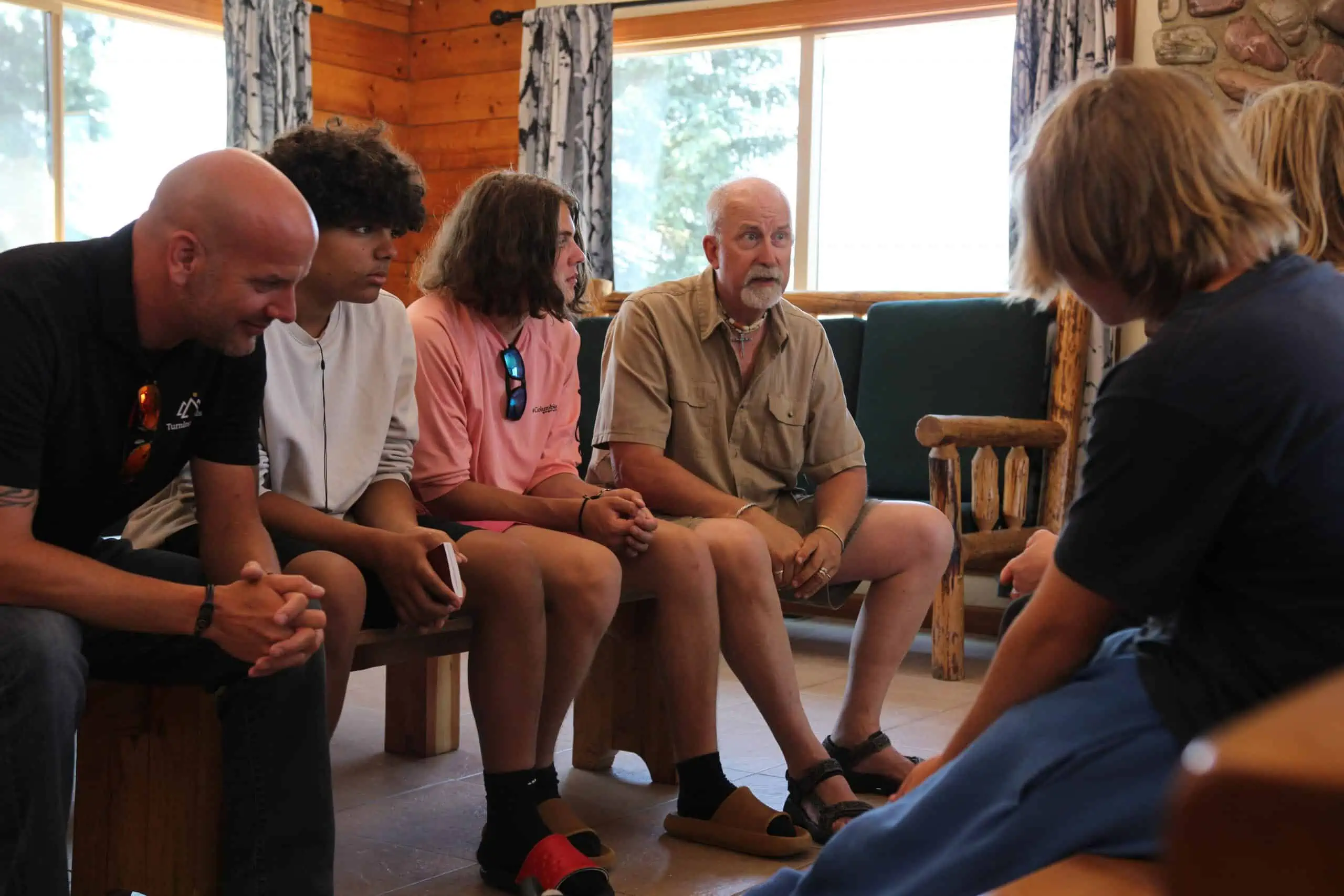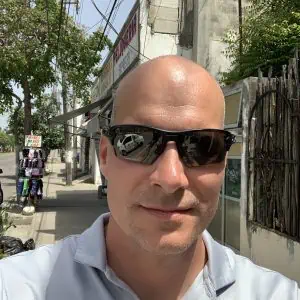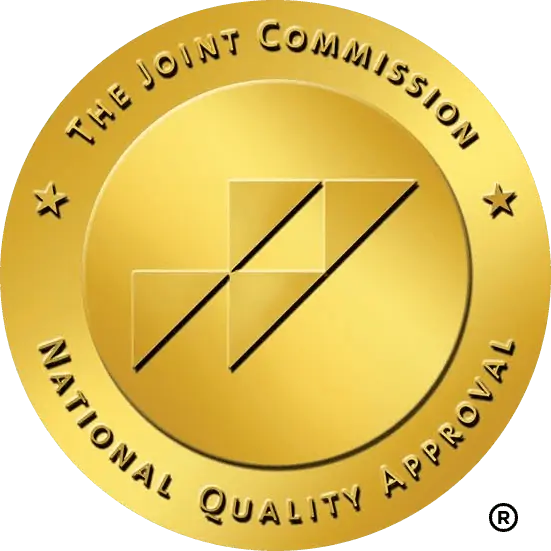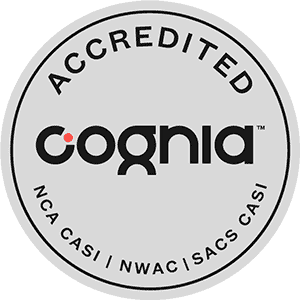Turning Winds is much more than a therapeutic program—we are a vibrant community. We celebrate every milestone our teenage clients achieve, from the smallest vulnerable conversations to the most significant victories. Parents are integral members of our process, and we encourage their active involvement in their children’s journey. We take immense pride in the enduring relationships we build, cherishing each connection as an essential thread in the fabric of our community.
Our dedicated team consists of therapists, educators, and support personnel, all committed to guiding our clients toward realizing their full potential. They form an interconnected network of support, creating a resilient, enriching environment that nurtures personal growth and self-confidence. They are our most valuable asset and the key to our clients’ transformative experiences.
Turning Winds therapist Rob Wenzel, LCPC has been working with adolescents for decades. “Many kids who come here have been self-medicating their anxiety, depression, and hopelessness with drugs and alcohol. Often, they can’t handle human relationships and interactions and retreat into a fantasy world instead – virtual reality. Their ability to navigate life has been severely altered.”
As a result, many clients struggled academically and it’s imperative to evaluate their situation to determine the exact origin of their struggles. “At Turning Winds, clients learn that they have three main responsibilities,” Wenzel explains: “Attend school and get good grades, take part in the community, and participate in their therapy.”
The process of learning can be powerfully therapeutic. Engaging in the study, research, and productivity of schoolwork increases knowledge and competency. Teachers work with each student and develop individualized academic goals based on each client’s learning style, providing them with the best opportunity to experience academic success. Although many Turning Winds students arrive discouraged by their past educational experience, once they are here, they usually learn to excel academically because of our time-tested one-on-one approach.
“Many kids who come here need to relearn accountability, responsibility, and respect,” says Wenzel. “Driven by ego, they often exhibit an ‘I don’t care’ attitude. They are very immature and are not used to being held accountable.”
The key to changing that outlook is peer support. “Until around the age of twelve, the parents are the main focus for kids,” says Wenzel. “During the teenage years that changes significantly and the influence of friends becomes dominant and if they end up in the wrong peer group, that spells trouble.”
At Turning Winds, they learn how to develop healthy relationships with peers, their parents, and their therapists. “As kids come in at a higher level of care, they’re learning basic ways to cope and regulate their emotions,” explains Turning Winds therapist Kimberly Sparks, LCPC. “They learn how to take on leadership skills, such as having more accountability to themselves and to their peers, and their families.”
The third responsibility, actively participating in therapy, usually requires some time to take hold. “These days, most psychiatrists just do short-term hospitalization, usually about a week, which isn’t very much time to deal with anything but a crisis,” says John Gordon, MD, Turning Winds’ medical director. “A lot of the kids here have been in other programs before that either were not long enough or there was too much resistance on the adolescent’s part to make it useful.”
The average stay for teens at Turning Winds is 9.5 months; however, it’s possible for a teen to be at Turning Winds for a longer period of time depending on their needs and goals. “Usually, it takes about five months before kids really decide that they’re going to make use of the program,” says Dr. Gordon.
Finally, it’s also crucial to involve the families in the treatment process. “We have to teach the parents our model for when the kids come home,” says Wenzel. The Turning Winds team aims to engage parents as much as possible during the residential treatment phase and—most importantly—after their teen is discharged.
“Teens that have family, and particularly parents, involved in the treatment process, have better outcomes,” parenting expert Tim Thayne wrote in his book Not By Chance. “Parents who are engaged in the process are more likely to understand and buy into the approach being taken in treatment, and will therefore support treatment through to completion; by doing so will improve the functioning of their family.”
Turning Winds represents a critical resource for adolescents, families, and communities. The American healthcare system lacks the required specialized care to address adolescent mental health disorders adequately. While other programs offer similar combinations of clinical, academic, and experiential services, Turning Winds uses comparatively long treatment durations, specialized milieu, and experiential programming to deepen the effectiveness of care.
At Turning Winds, it’s the people who make the difference. Over the course of two decades, we’ve built a team of some of the world’s finest academic and therapeutic professionals, all of whom share the same goal: to help teens re-engage meaningfully with their lives, families, and their futures.
Contact us online for more information, or call us at 800-845-1380. If your call isn’t answered personally, one of us will get back to you as soon as possible.

